Baltimore Students Fight for Climate Justice — and Their Own Lives
Bigelow discusses a recent episode of the NPR podcast Code Switch focused on student organized climate victory in Baltimore.
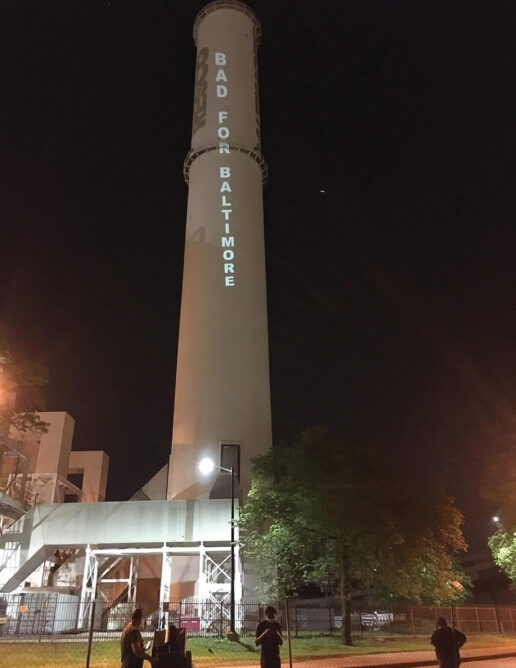
Bigelow discusses a recent episode of the NPR podcast Code Switch focused on student organized climate victory in Baltimore.
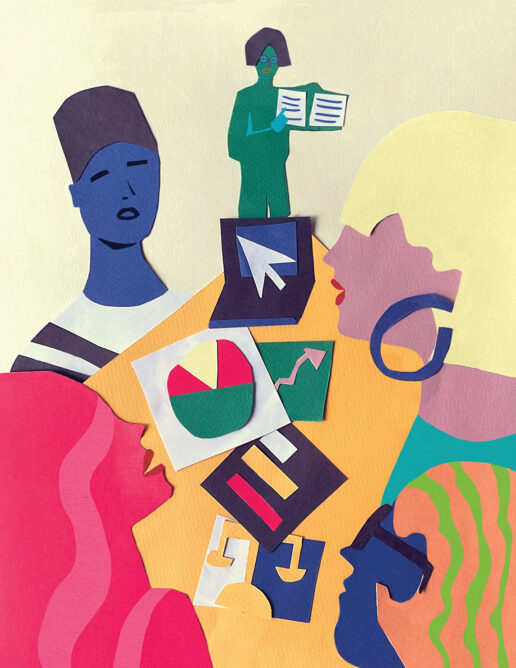
A high school English teacher describes how she encouraged students to disrupt and speak out against rape culture while reading the novel Speak.
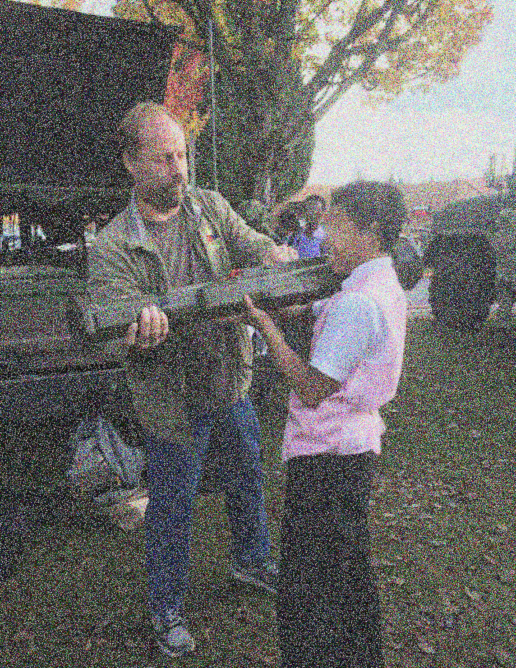
A review of Breaking the War Habit by Seth Kershner, Scott Harding, and Charles Howlett
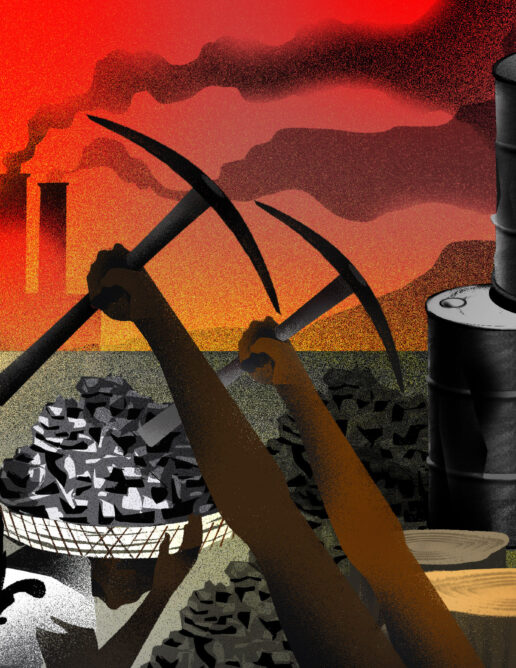
Eisen and Wolfe-Rocca critique textbook timelines and introduce the new Zinn Education Project Climate Justice Timeline.
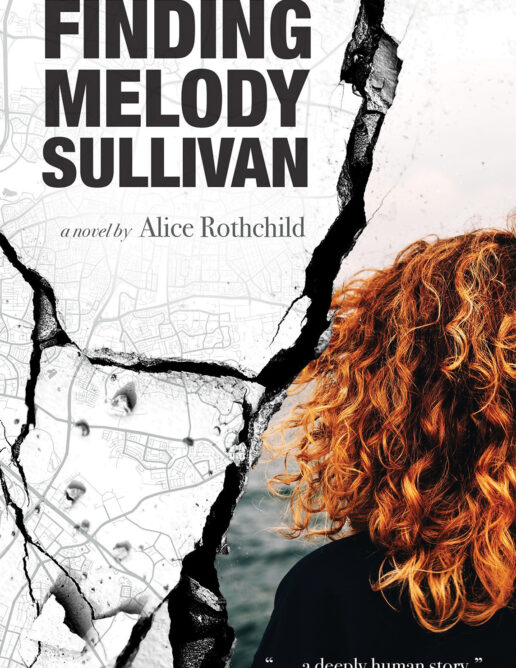
A review of Finding Melody Sullivan by Alice Rothchild.
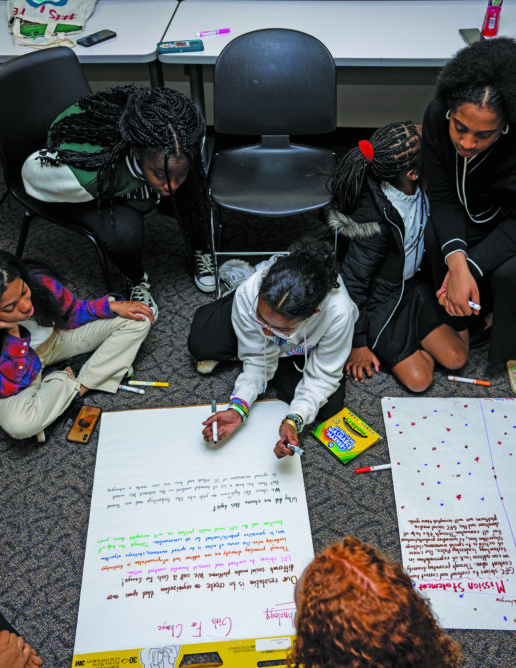
Drawing inspiration from the 1972 National Black Political Convention in Gary, Indiana, New Jersey students and teachers organize a convention to discuss issues facing Black communities today.
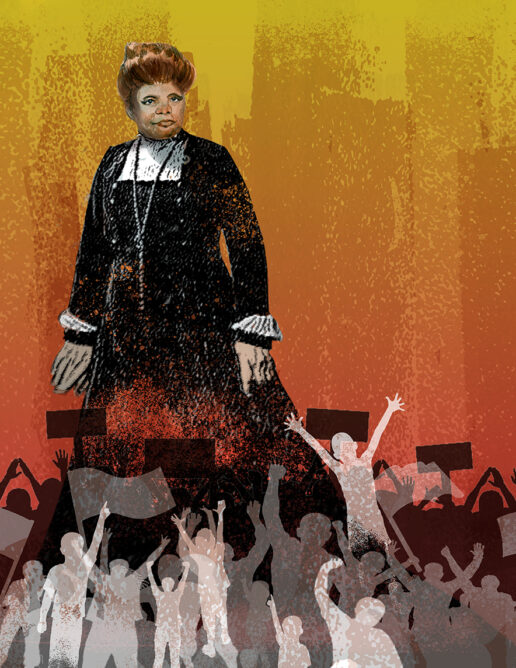
A high school social studies teacher describes his mixer lesson in which students learn about the radical Ida B. Wells by taking on roles from various times in her life.
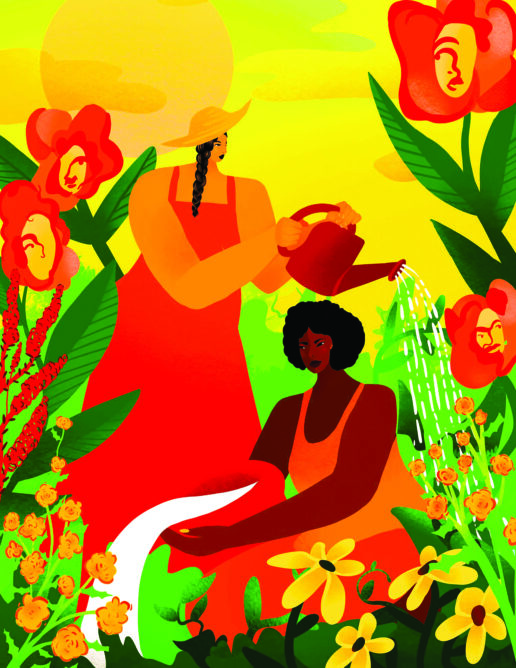
Christensen has students reimagine literature and their own stories to talk back to and disrupt injustice — and build solidarity.
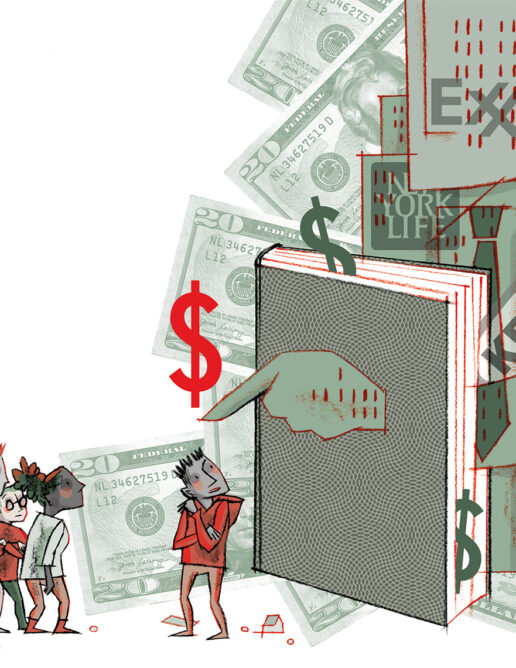
A high school teacher analyzes the biases in financial literacy curricula and shares how he teaches about alternative economic systems and powerful labor and social movements instead.
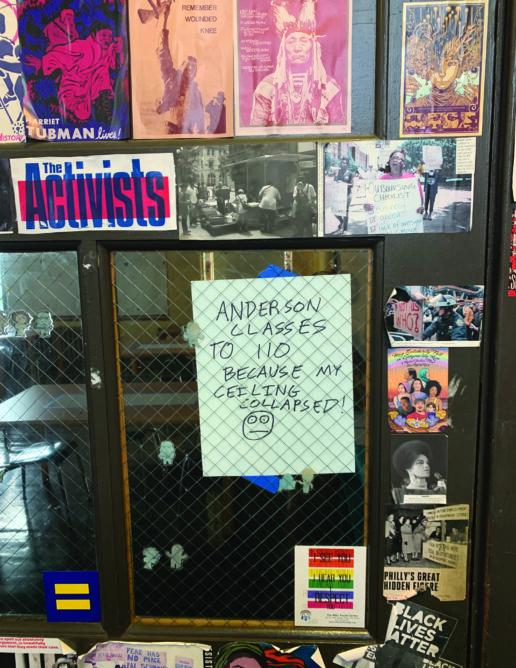
A high school teacher has students problematize the conditions of their school to learn about funding disparities and the disastrous effects of district debt.
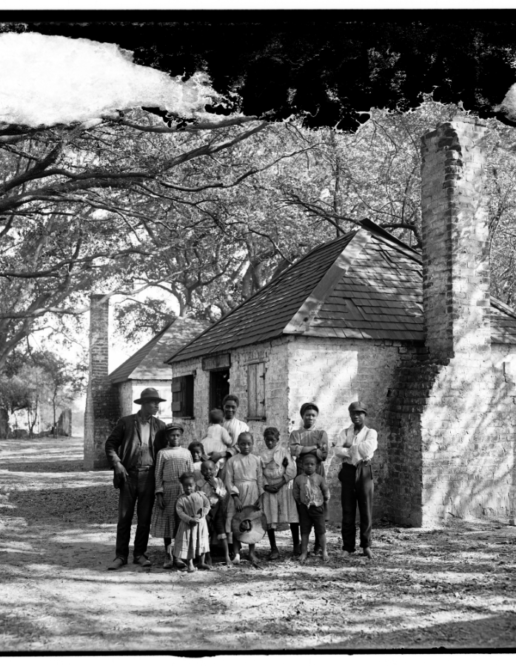
A high school social studies teacher describes a lesson that uses improvisations, historical fiction, and found poems to help students appreciate the first era of Black power: Reconstruction.
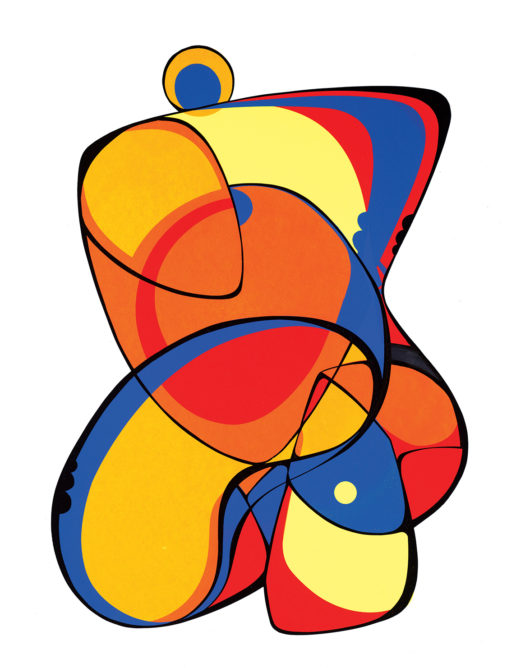
A special education teacher tackles fatphobia in our schools head-on, pointing out how we fall far short in our efforts to rid it from the classroom and how fundamentally detrimental fatphobia is to teaching and learning.
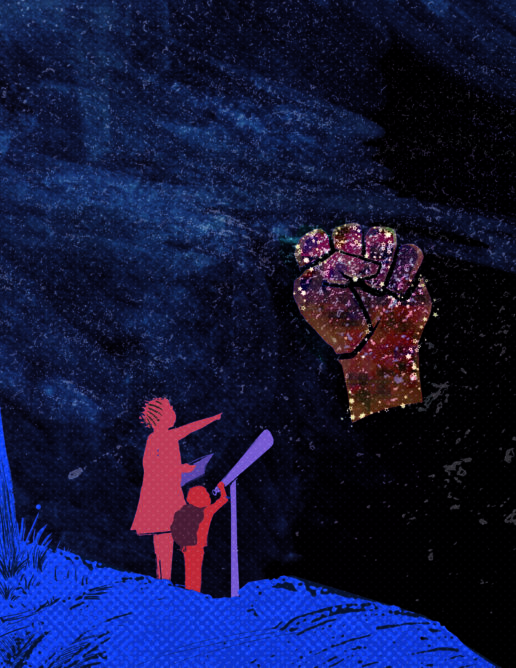
Just as workers are going to need unions, young people need to be organizing as students to make collective demands on the system as well as to meet their needs in an emergency.
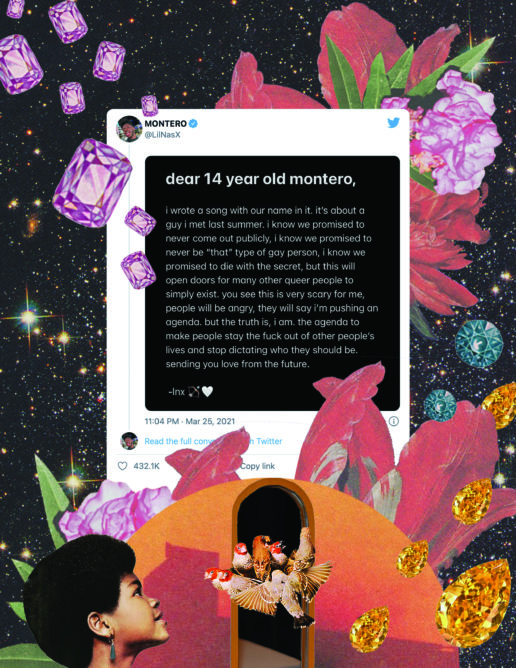
The letters are sweet and encouraging — had they been delivered, they could have changed their recipients’ lives.
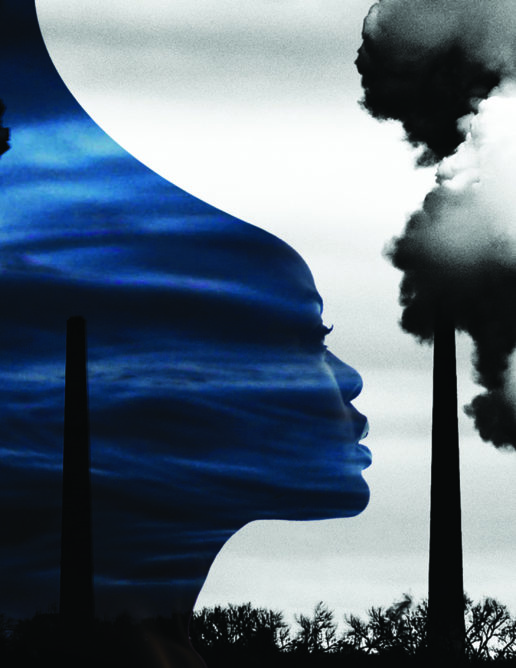
I recently stumbled across a podcast that made a wonderful addition to my students’ study of the climate crisis — As She Rises.
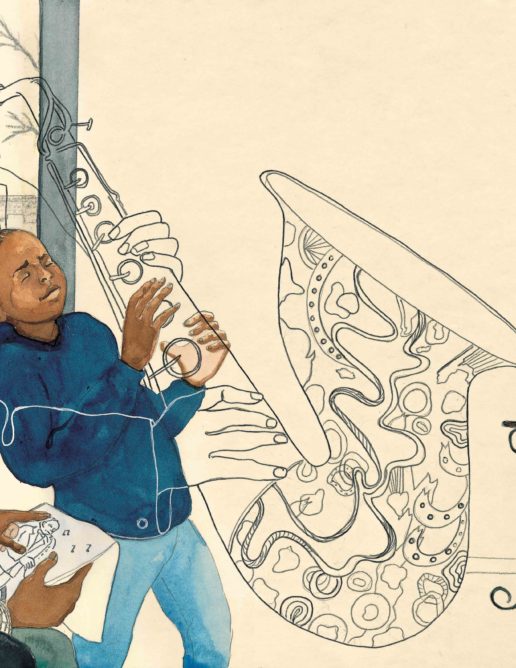
Christensen describes how poetry can be used in this moment to be something concrete — that can be felt, touched, or smelled — but also something to stir our students’ imaginations, allowing them to dream.
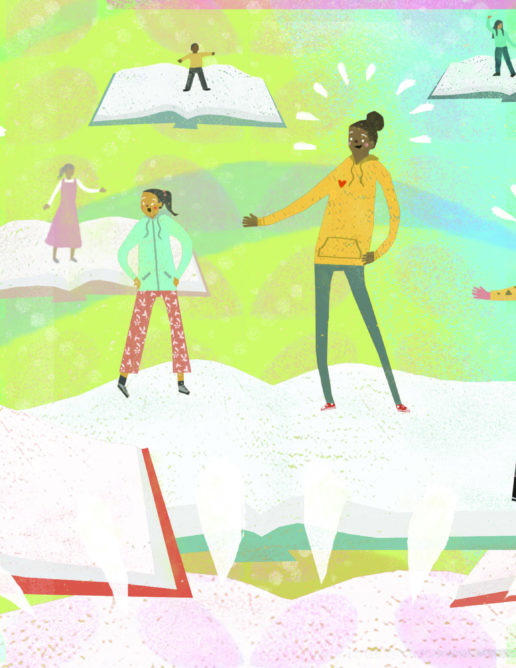
Role plays can offer students engaging ways to learn, but require careful contextualization and follow-up. This article offers some cautions and guidance about using them.
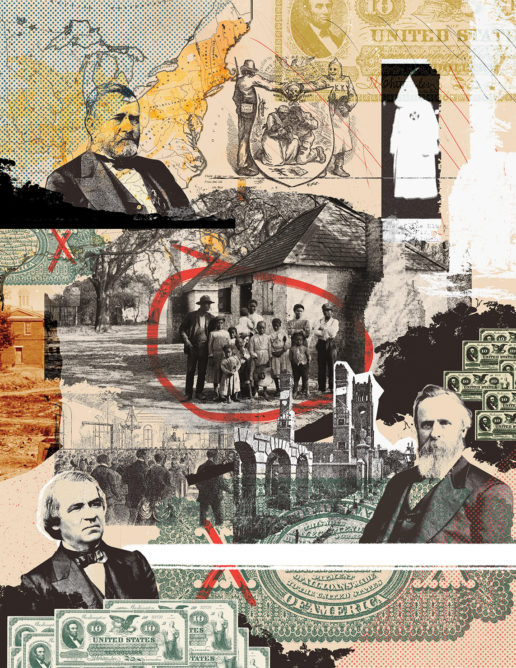
Sanchez describes a role play about the demise of Reconstruction that helps students get beyond the question “Was Reconstruction a success or failure?”
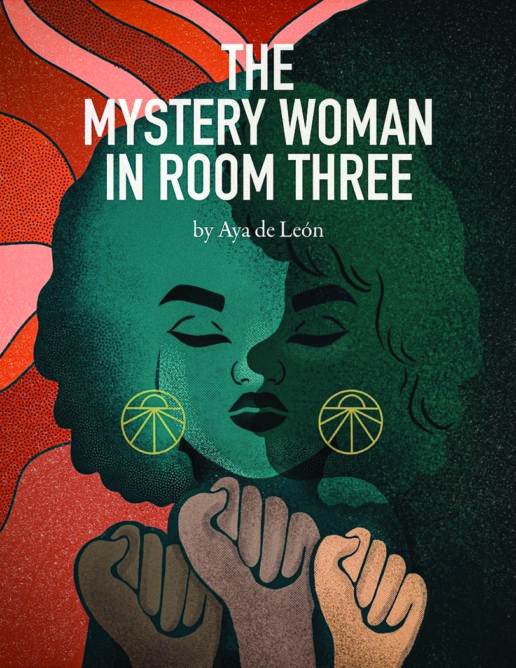
We need more books that celebrate young people who find themselves as they come to consciousness and commitment.
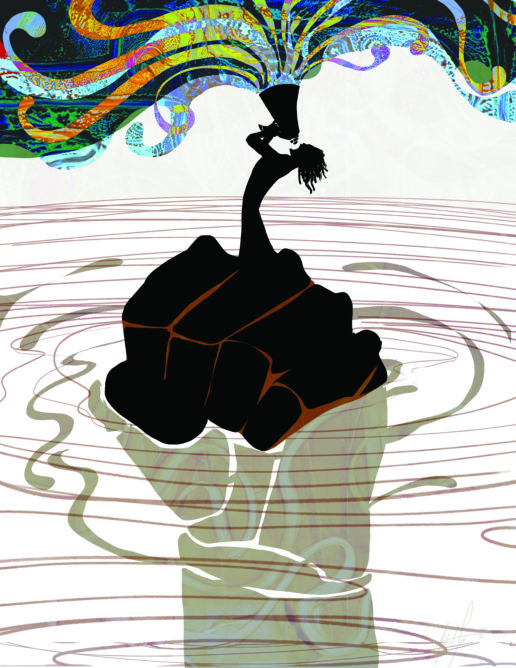
A doctoral student tells the story of her experience with a dangerous role play — poorly conceptualized and taught — when she was an undergrad.
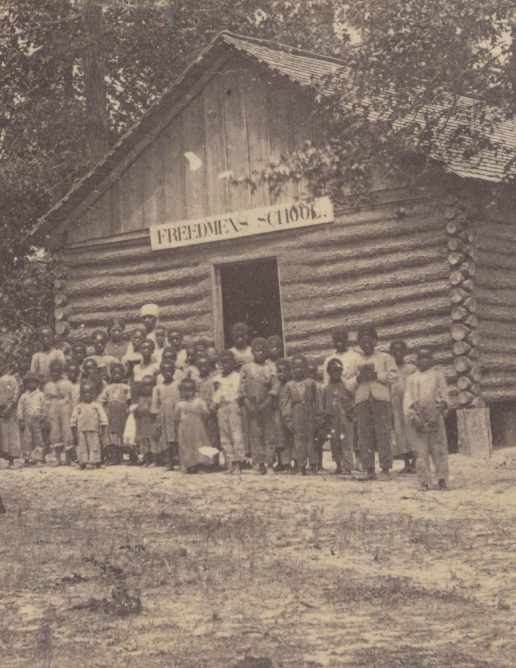
Wolfe-Rocca shares the results of the first-ever comprehensive review of state standards on Reconstruction, noting that Zinn Education Project researchers found that the standards fail to define the era or outline its crucial themes. The article also offers what the Zinn Education Project proposes for state and district standards.
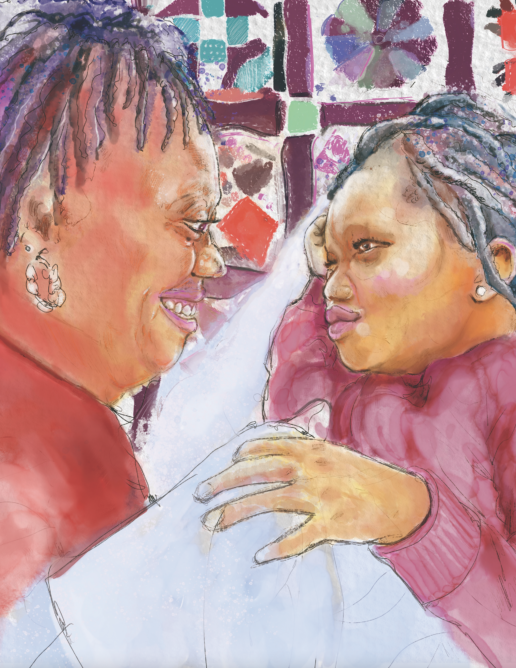
Kaler-Jones invites young Black women to gather their loved ones’ oral histories; together they find threads of resistance, solidarity, and racial justice.
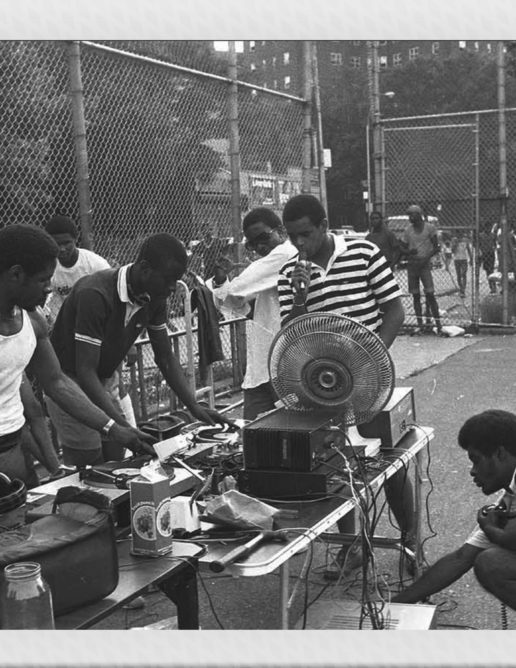
A high school teacher and her students question “Who owns and controls hip-hop?” — and put the hip-hop industry on trial.
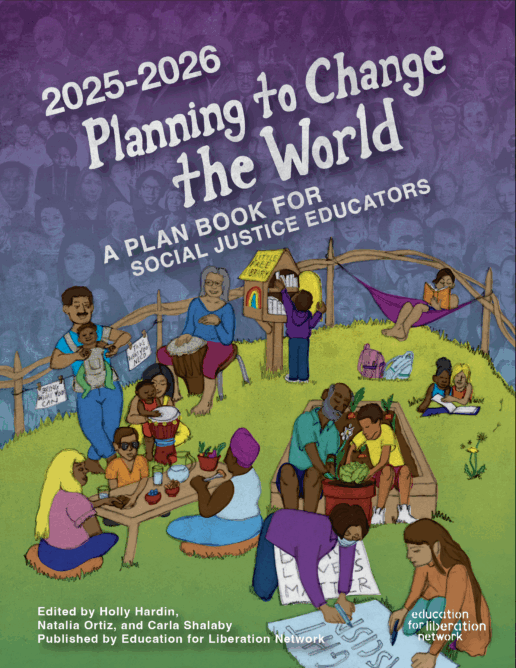
Pre-orders for the 2025-26 plan book begin in July 2025.Sign up here to be notified when they begin. Planning to Change the World: A Plan Book for Social Justice Educators is […]
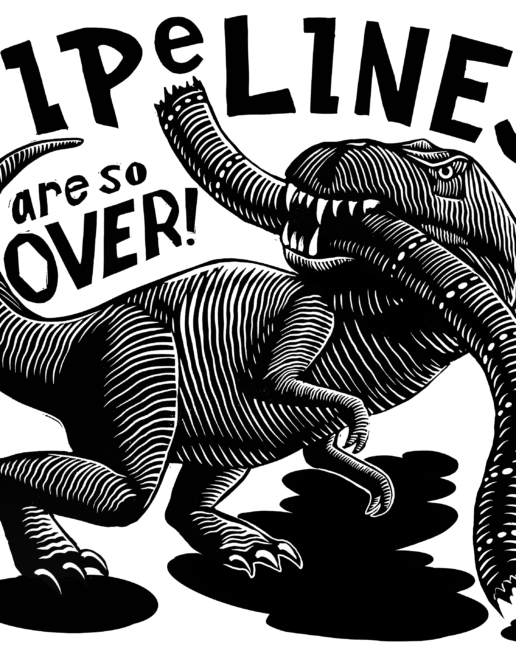
Wolfe-Rocca describes her mixer around the “Valve Turners,” a group of climate disobedience activists who put their bodies on the line to stop the harm of pipelines.